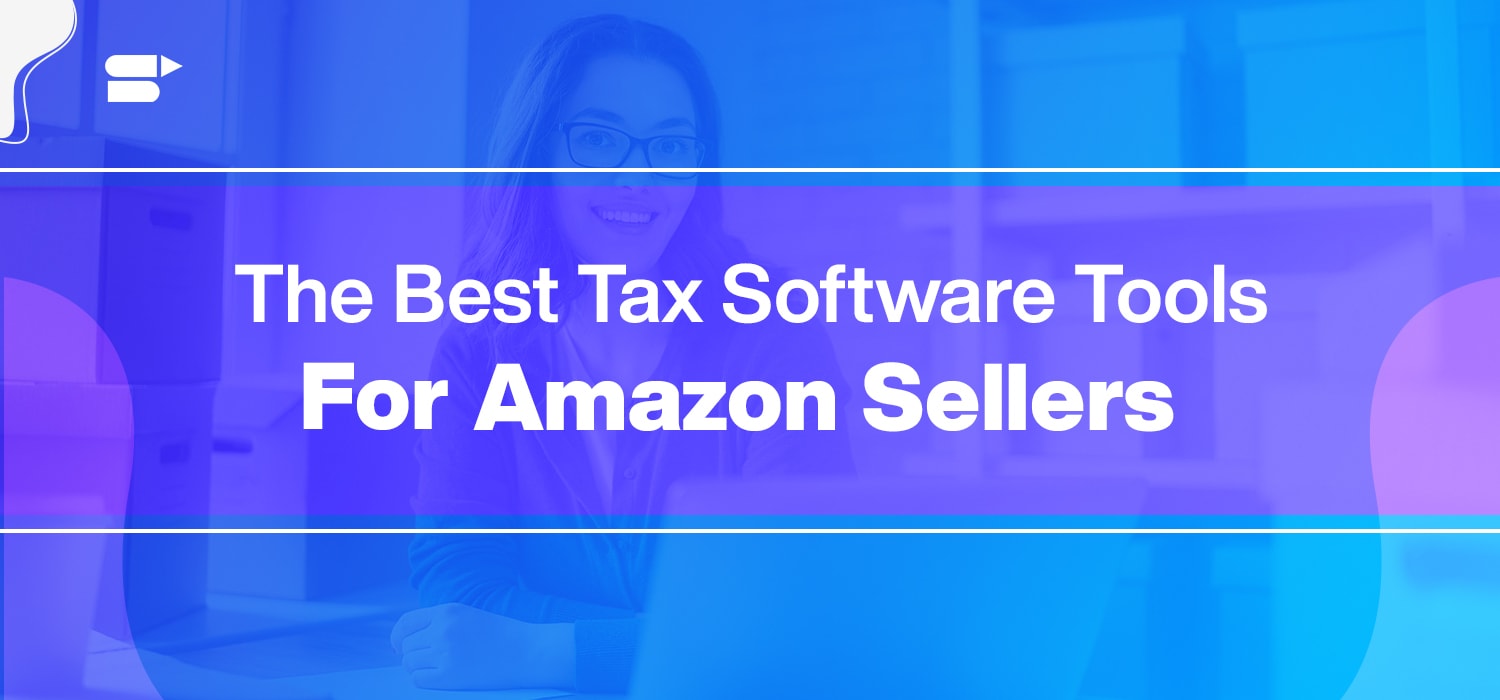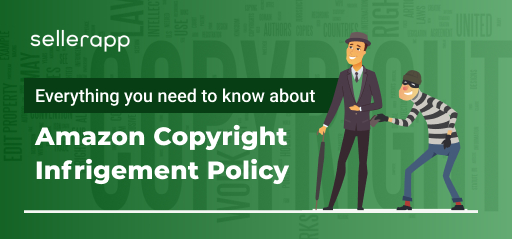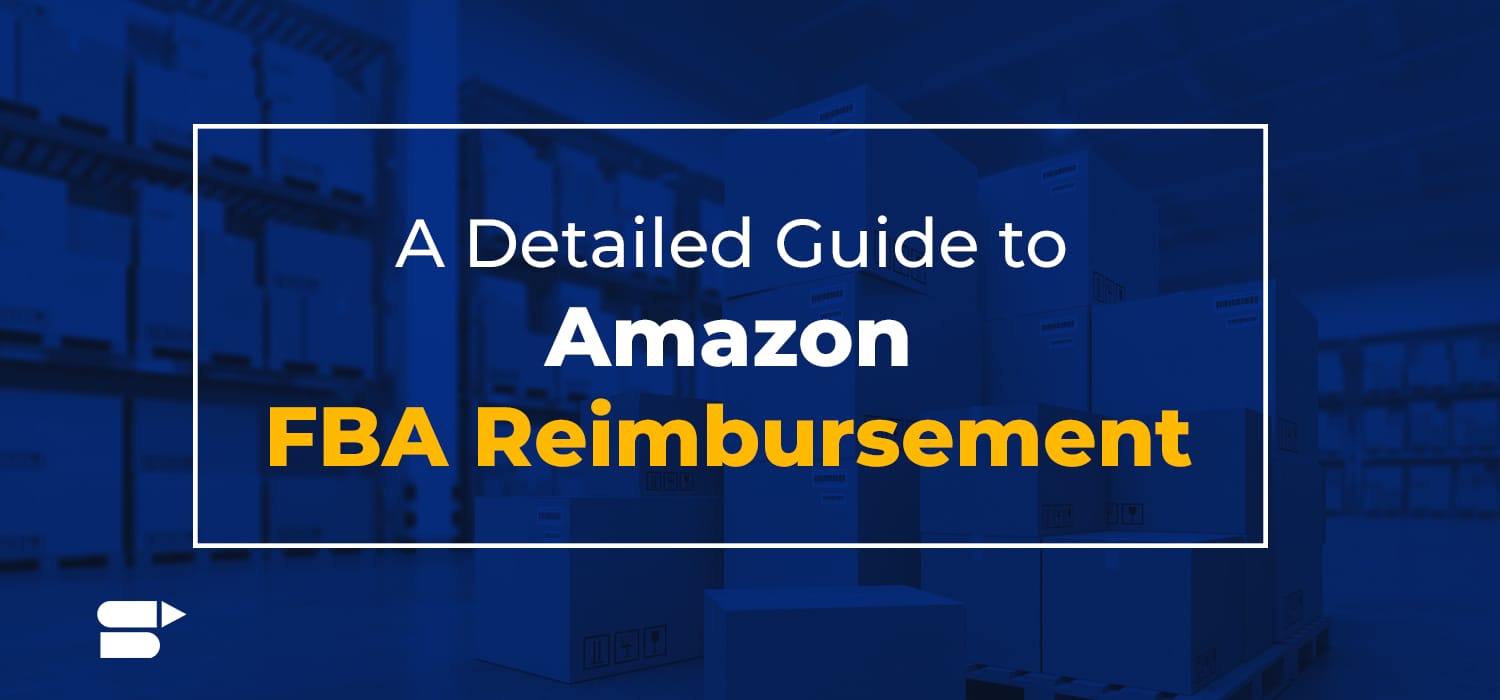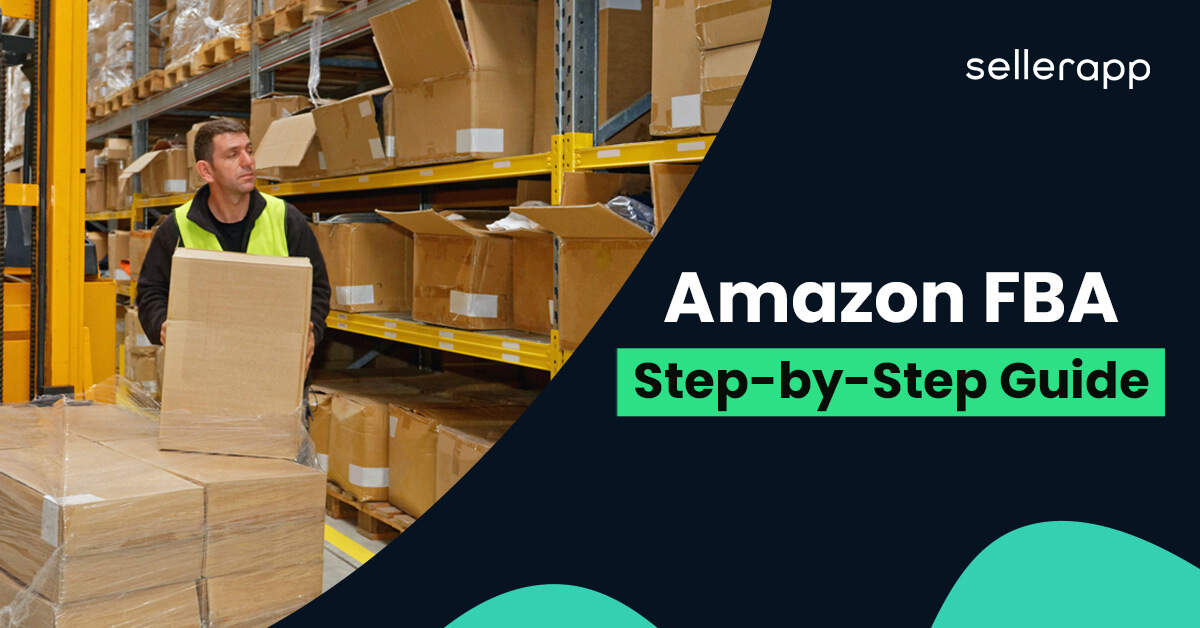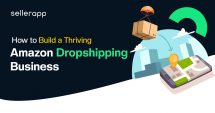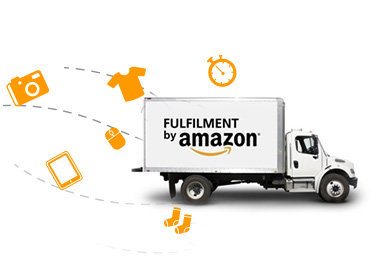How Much Could Your FBA Business Be Worth?
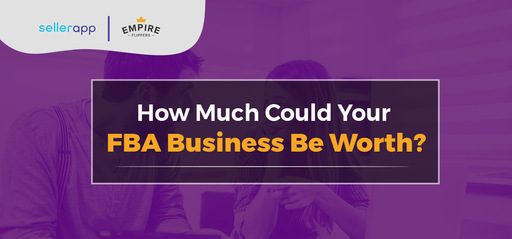
You may not have realized that you own one of the most in-demand investment options for online businesses.
On our marketplace, the average sales price for Amazon FBA brands was $1,246,759.04 at a 40X multiple in 2021 alone. That’s a 231% increase compared to 2020 when the average Amazon business sold for $538,741.62 at a 28.5X multiple.
This huge growth in deal size can be attributed to the rise of brand aggregators consuming FBA businesses as a part of their larger portfolios. These institutional buyers with deep pockets compete with each other when they see a quality FBA brand.
Sometimes, they even pay more than the listing price to secure the sale.
We’re sharing this because we realized that many Amazon FBA sellers like you don’t know that selling your business is a viable end goal. Like most entrepreneurs, you’re probably so busy with running and scaling your brand that you haven’t created an exit strategy.
Without an end goal, you’re left with two choices: exit the business at a much lower price than you would like, or close it down.
What about exiting for a six or even seven-figure sum?
By preparing your business to be sold, you can negotiate the best deal possible for moving on. So you’re in good shape for when you plan to sell, we will share how valuations work.
Let’s start with the valuation formula.
The Basic Valuation Formula
Our simple valuation formula is as follows:
Valuation = 12-Month Average Net Profit x Monthly Multiple
We set the average monthly net profit against a monthly multiple to get an initial listing price. You may see other brokers use EBITDA, an annual profit figure, for this formula, resulting in lower multiples in the range of x2 – x5.
While there isn’t much difference between using an annual and monthly profit value, we prefer the latter to generate valuations because it provides a more granular view of a business’s financial performance.
To account for seasonality and any changes throughout the year, a 12-month pricing period is used. We recommend first-time sellers stick with a 12-month pricing period, as a shorter pricing window may not give potential buyers enough information for due diligence.
Calculating the monthly net profit is simple enough. Calculating the monthly multiple is less so.
The multiple is influenced by several factors besides the average profit. For example, two FBA brands that both earn $10,000/month could each have wildly different valuations.
Some factors that affect the monthly multiple includes:
- The quality of reviews and product ratings
- How old an FBA brand is
- Multichannel selling (traffic diversity)
- The number of SKUs
If you’d like to get a snapshot of how much your business is worth, try using a free valuation tool. Keep in mind that the figure is just a rough estimate and not what it could be worth upon further inspection.
With that said, let’s see how each of these factors contributes to the monthly multiple.
The Quality of Reviews and Product Ratings
High-quality product reviews and store ratings are the strongest proof of market fit and demand and heavily affect the monthly multiple. An FBA brand’s overall reputation as seen through customer feedback is one of the first things buyers notice.
We pay attention to reputation when listing businesses; that’s why FBA businesses selling on our marketplace usually have at least 100 product reviews and a 4.0 average star rating for their hero SKU. Buyers will have more confidence in a business that is well-received by its target audience.
Having an Amazon’s Choice badge or high Best Sellers Rank also shows high product demand, so it’s worth striving to secure these accolades for your storefront.
If you’re just starting, create a system to gather reviews consistently. A few ways to help yourself include joining the Amazon Vine program to receive unbiased reviews and leveraging Amazon’s Seller Message Service for active outreach.
How Old Your FBA Business Is
The factor of age contributes to the monthly multiple not because older businesses automatically qualify for higher sales prices, but because of what time affords the seller.
Of course, there are exceptions to the rule. We’ve seen seven-figure FBA brands listed that are just over 12 months old, but most businesses are at least two years old before a seller considers listing them for sale.
We’ve found that older FBA businesses sell for a higher price for two reasons.
First, an older business means the seller has had more time to establish a well-known brand. As you know, it takes time to gather reviews, increase your SEO rankings, and improve brand awareness in your niche.
Second, an aged FBA brand allows a seller more time to streamline operations and increase process efficiency. If a seller can remove themselves from the operations and have them run just as well, then they have more time to focus on scaling the business instead of working in it.
To increase your efficiency, consider hiring virtual assistants to handle customer service and other time-consuming tasks. If you have the budget, you could outsource certain tasks that you aren’t as good at, such as PPC advertising or graphic design.
Multichannel Selling
Selling off of Amazon increases brand reach and helps a business become less reliant on Amazon.
Omnichannel selling helps you tap into audiences that your Amazon storefront won’t reach, as customers from demographics outside of your usual reach prefer to shop on alternative platforms. Having a multichannel presence also mitigates the risk if your Amazon Seller Central account is suspended or your best-selling SKUs are taken down unexpectedly.
The Number of SKUs
Your product range affects the multiple in terms of the time taken to manage each product listing, as well as the revenue-to-SKU ratio.
Too many SKUs can be hard for solopreneurs to manage their product listing pages. We’ve found that the sweet spot is a product range between three and eight SKUs if you’re running your FBA store as a one-man team. Keep in mind that seven-figure businesses attract brand aggregators with their teams that can manage all the different areas of the business, so it won’t be as much of an issue.
If you have dozens of SKUs but only two or three are generating the lion’s share of revenue, this can be cause for concern in terms of inventory management and operational efficiency.
It’s worth doing a regular SKU audit to see which SKUs can be delisted and which should stay.
The Best Places to Sell Your Business
You’ve got two main options: sell via a private deal or sell using a broker.
Some people may suggest using a DIY marketplace, but we’d recommend against this option for two reasons. There’s no protection for buyers or sellers if a deal goes sour, and because you have to do all the work yourself.
Some of the same pitfalls also apply to a private deal. First-time sellers won’t know how to negotiate with buyers or truly understand how much their business is worth. A savvy investor will know how to steer negotiations in their favor, causing a seller to lose money on a deal.
FOMO can also kick in when going down the private deal route. We’ve seen sellers settle for the first offer that comes along because they’re so worried about not being able to sell. The deal is often far lower than what they wanted in the first place.
When it comes to selling your business, you want someone in your corner who can provide assurance and give you support. Using a curated broker gives you the tools to market your business and to negotiate with buyers at the sales price you want.
Qualified buyers on curated marketplaces need to prove they can afford to acquire businesses, so you won’t have to entertain lowball offers and can focus on choosing the best offer for your business.
Recommended read: FBA New Selection Program – Details and Benefits.
When Should You Sell?
One of the biggest mistakes sellers make is trying to time the market like stocks.
We’ve rarely seen this tactic pay off. Instead, we recommend selling when your business is at its strongest. An FBA brand with streamlined operations and products with hundreds of positive reviews is an attractive investment for most buyers.
If there are areas that could be improved, that’s okay. Lack of capital or time restricts many sellers from further scaling their FBA brand. These areas that are yet to be optimized can be growth levers for the right buyer to take the FBA business to the next level.
Once you sell your business, you can secure the largest capital windfall you’ve ever seen in a single transaction.
If you’re interested in finding out more, register on our marketplace to start planning your exit strategy. Even if you don’t sell soon, it sets the wheels in motion so that you’re prepared to exit in your own time.
Additional Read:
Amazon FBA New Selection Program
Amazon Temporarily Prioritizes Products Coming Into FBA Centers
Amazon Scams: How Sellers Can Stay Protected?
Frequently Asked Questions – Amazon FBA Prep


